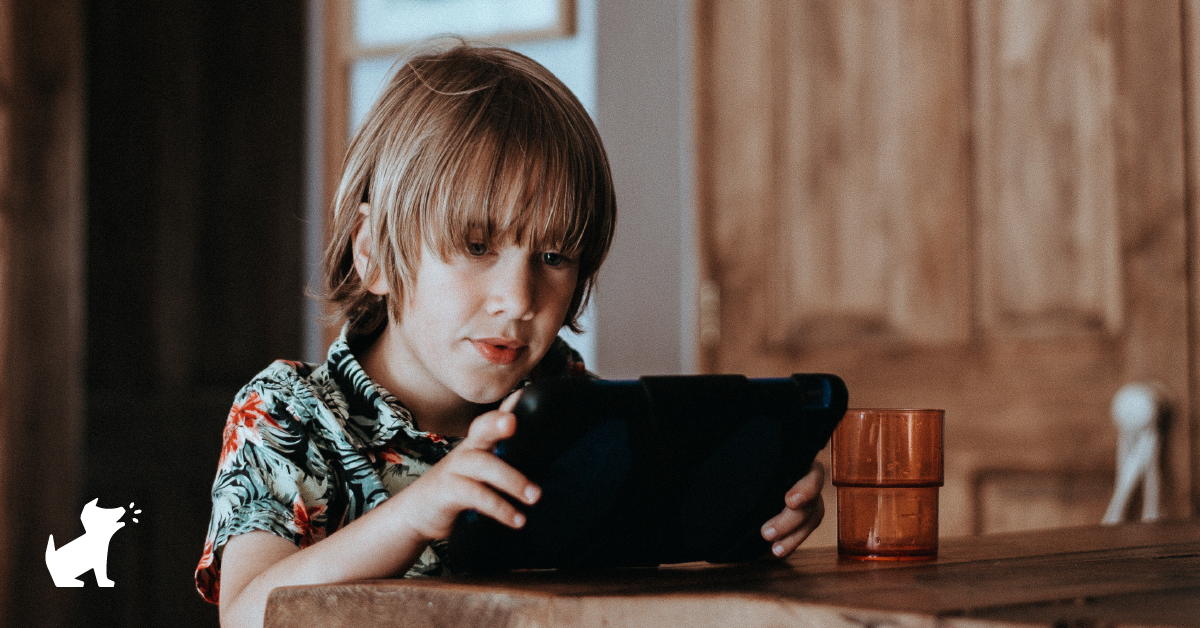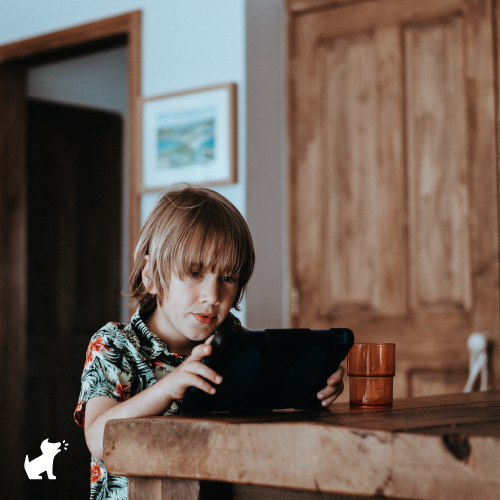
**This blog post was updated on May 6, 2022.**
When your child gets the opportunity to watch something at the end of a long day, what do they choose? We bet that instead of tuning into a TV show or picking out a movie on Netflix, they’d rather settle in for some YouTube videos. But the popular video-sharing platform isn’t all just video game walkthroughs and unboxing videos. YouTube has some great content that can help your child learn about important issues. We’ve gathered five of the best examples that explain what bullying looks like today and how they can help prevent it. The best part is that because they’re all free on YouTube, you can watch them together right on your kid’s favorite platform!
Anti-Bullying YouTube Videos to Watch With Your Kids
"Help Kids Learn How to Stop Bullying
Younger kids might not be quite ready for a more serious dive into bullying, its causes, and how to prevent it. This Captain McFinn short is the perfect introduction to the subject. Join colorful nautical pals as they navigate standing up to a fish who's being mean to others.
"Silent"
Next up is “Silent,” an award-winning short film about a girl who is deaf. Made by high school freshman Lindsey Hunter, “Silent” focuses on the power of kindness and the importance of being an upstander — the opposite of a passive bystander. This video is a great conversation starter if you’d like to encourage your kid to become a leader at their school.
"Thirteen"
“Thirteen” was written and directed by Robert Randall for the Young Actors Project. The short film addresses bullying at the middle-school level by telling the story of a 13-year-old named Caroline. She struggles with fitting in and wants to learn how to “just be herself.” Pretty much every teen and tween feels insecure about something at some point. Because of this, “Thirteen” can help your family talk about the importance of celebrating other people’s differences.
"Protect Yourself Rules — Bullying"
“Protect Yourself Rules — Bullying” can help your kids learn about standing up for themselves and others in a positive way. It also provides tips for kids about how to help friends feel welcome and safe at school. It’s a great way to gently head into a conversation about bullying if you’ve been hesitant about broaching the subject.
“Stop Bullying: Special Speak Up Presentation”
Finally, check out one of the more classic YouTube videos on bullying. This Cartoon Network special teaches kids how to speak up if someone else is a victim of bullying. Actual kids talk about words that can be used to bully someone, strategies for stopping those who are bullying, and more.
What Parents and Guardians Should Know
Because some of these videos may be triggering for sensitive tweens and teens, we recommend that you watch them before sharing them with your children. This will help you decide which ones will be most appropriate for your own kid.
Even though these anti-bullying videos can be great tools for teaching your child, YouTube as a whole can present some potential dangers. Kids can experience hateful comments, stumble upon inappropriate content, or even be contacted by predators while using the platform, so be sure to keep a close eye on what they’re watching.
Even though these anti-bullying videos can be great tools for teaching your child, YouTube as a whole can present some potential dangers. Kids can experience hateful comments, stumble upon inappropriate content, or even be contacted by predators while using the platform, so keeping a close eye on the videos they’re watching is important.
How Bark Can Help
We hope these YouTube videos helped your family understand what bullying looks like today and how to help prevent it. But dealing with bullying can be hard! And it happens a lot — in 2021, Bark found that 72.09% of tweens and 85.00% of teens experienced bullying as a bully, victim, or witness. Our award-winning service monitors your kid’s texts, emails, and 30+ social media platforms and apps for signs it may be happening. Bark can also alert you to other potential issues like depression, suicidal ideation, sexual content, and more.
Read more
Bark helps families manage and protect their children’s digital lives.





